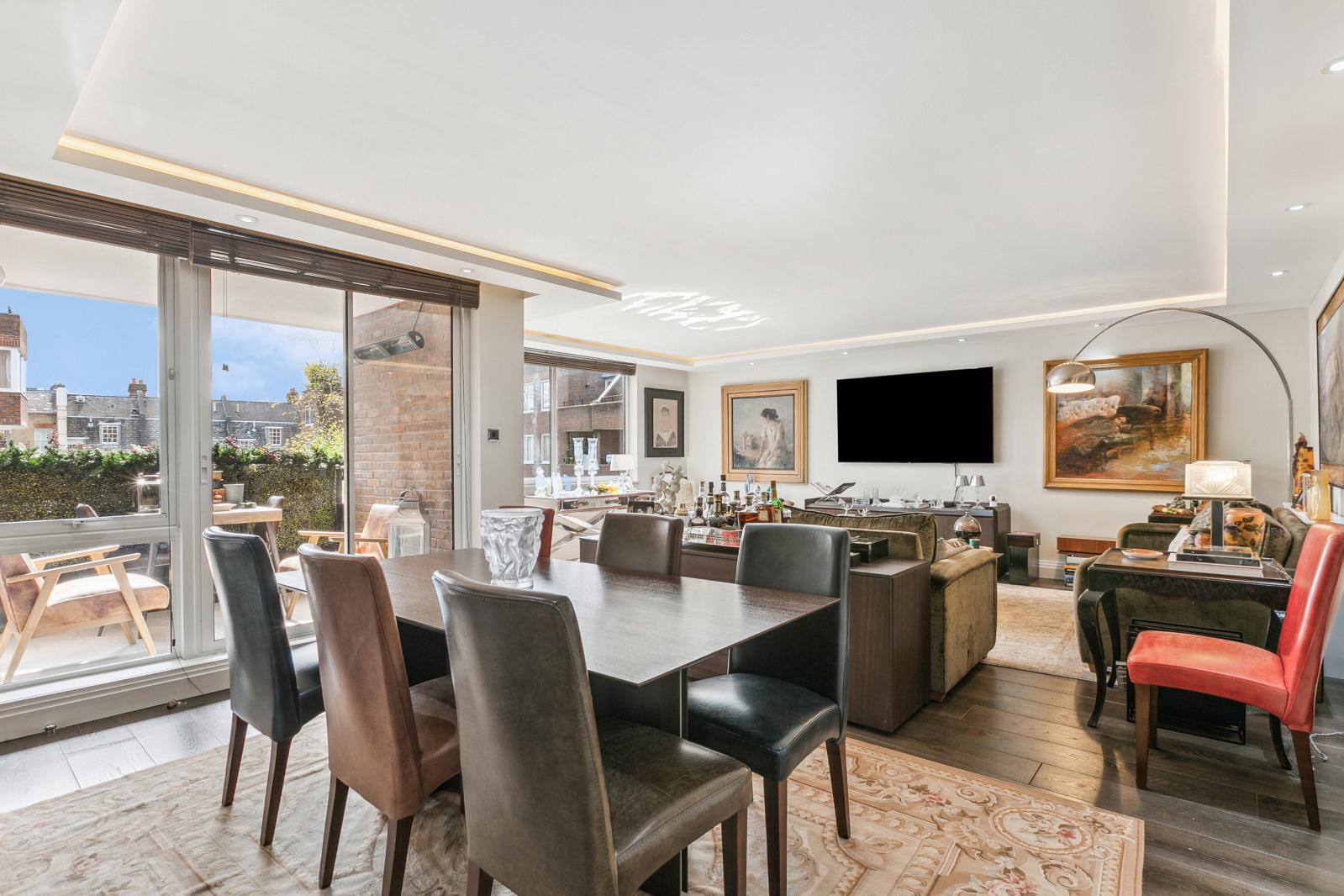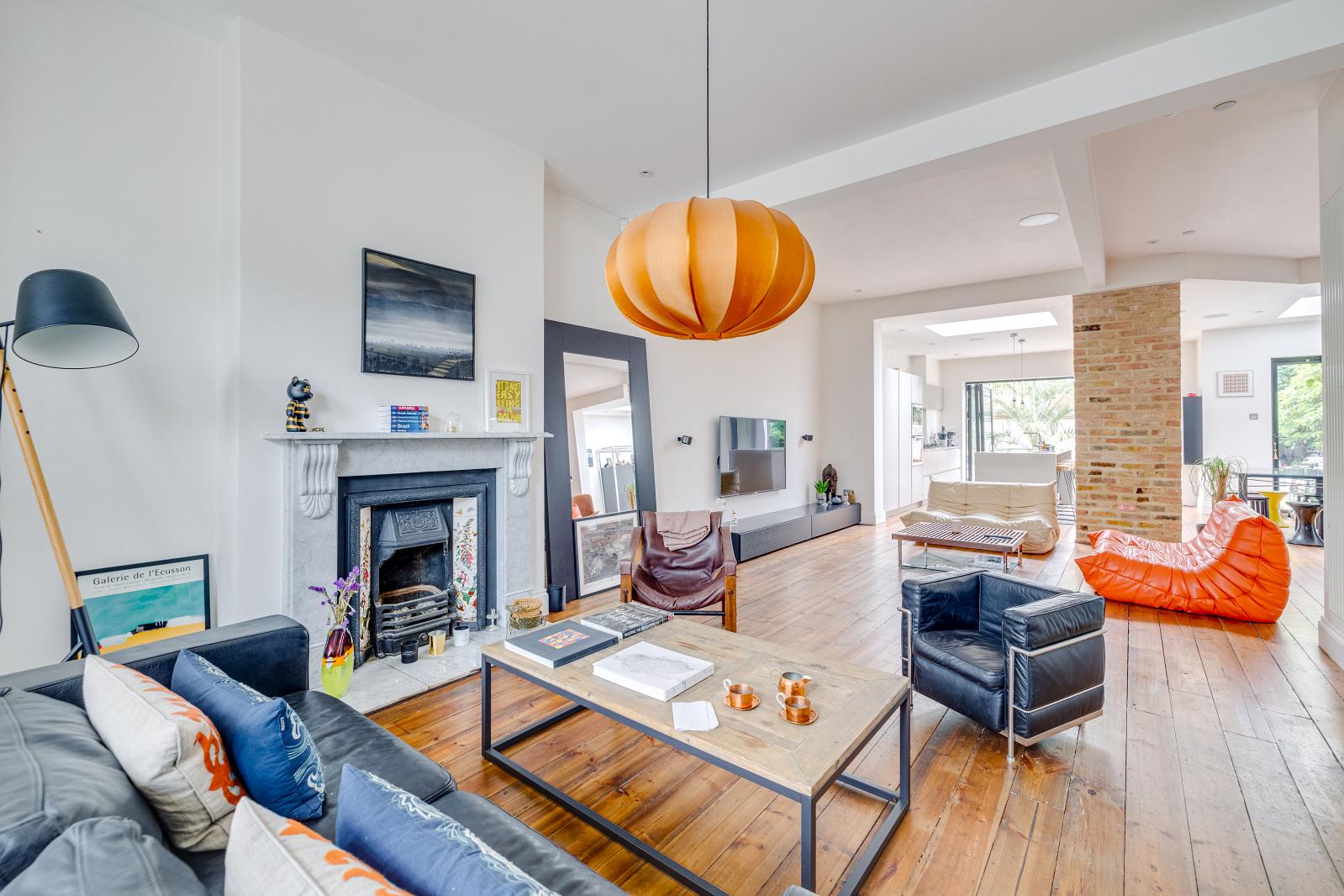The concept of Feng Shui has evolved over the years as a Chinese traditional practice of finding balance and harmony.
In simple terms, it aims to find a home’s most auspicious parts and invite positive energy into it.
What is Feng Shui in real estate?
Feng Shui began as a philosophy in China approximately during the 9th century B.C.
Some experts believe that it started in the Zhou dynasty as a guiding principle for tombs and other spiritual buildings. In the Western Hemisphere, Feng Shui mostly involves harmonizing different interior design elements for health and wealth.
The practice of Feng Shui in recent years simplifies the traditional concepts of Qi—a cosmic energy that can be negative or positive.
Instead of focusing on collecting positive Qi, modern Feng Shui in the West has sought to achieve a minimalist aesthetic for homes.
The minimalist movement has gained traction among homeowners, as more people prioritize a relaxing, vibrant home environment.
What are the basic principles of Feng Shui?
In ancient China, the principles of Feng Shui were applied to outdoor structures and landscaped areas. The modern approach to Feng Shui, though, has focused on using the bagua.
The bagua is a Feng Shui map with eight directions: east, west, north, northeast, northwest, south, southeast and southwest. Western interior designers use the bagua to organize floor plans and indoor spaces.
Five elements guide interior designers to determine the most auspicious parts of homes. The earth element applies to the northeast and southwest, while the fire element is present in the south.
The west and northwest have metal energy, while the east and the southeast contain wood energy. The water element is found in the north.
Is Feng Shui important when selling my house?
Feng Shui can help you to sell a home much faster, especially if you’re targeting Chinese buyers. In the U.S., the Chinese are among the foreign investors with the biggest appetite for residential properties.
According to a survey conducted in 2015, more than 85% of Chinese real estate buyers may still use Feng Shui to evaluate properties. Sellers can imbue their homes with good Feng Shui by getting rid of clutter and knowing the right placement of mirrors.
A full-length mirror in the bathroom is a good example. Mirrors should also be placed away from a bed, which shouldn’t also be directly facing the door.
Is Feng Shui important when buying properties?
Feng Shui can be important when buying real estate because it will guide you in making the right choice. Some rules may seem trivial, but these principles often have a logical point.
For example, you shouldn’t use overhead beams in the bedroom, as it creates an uncomfortable vibe. Another rule is the bathroom and kitchen’s location. These areas shouldn’t be immediately visible once you open the home’s main door.
RELATED CONTENT:
Realtor Or Real Estate Agent: Which Is Right For You?










